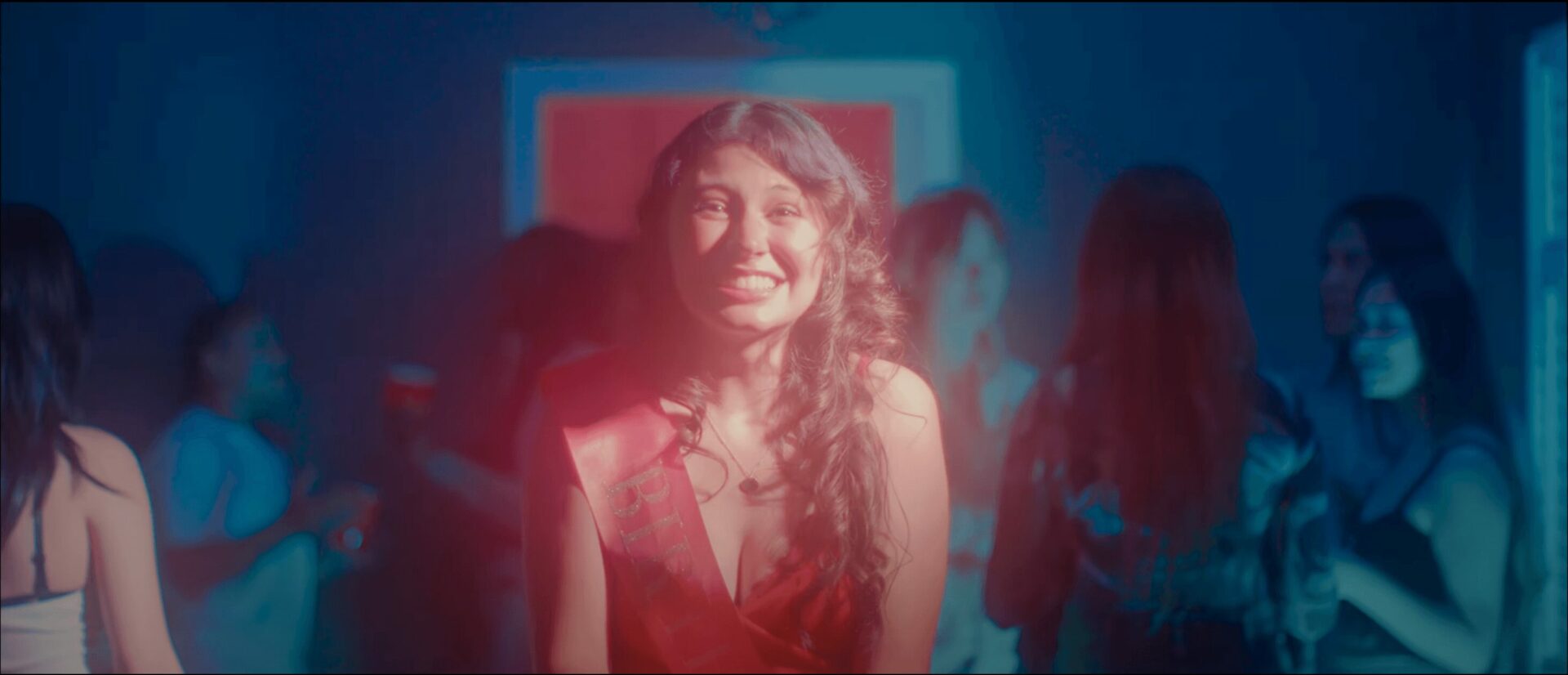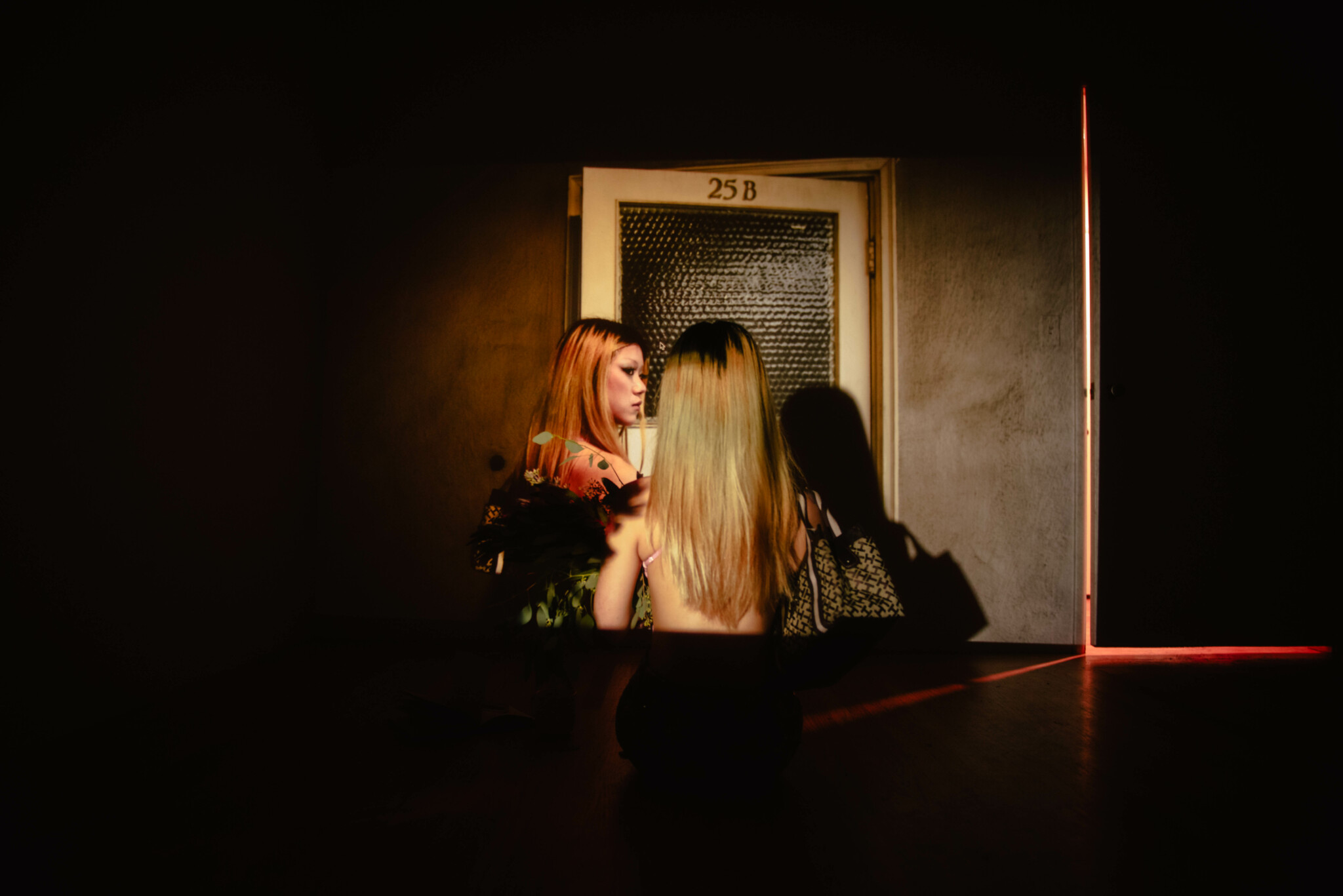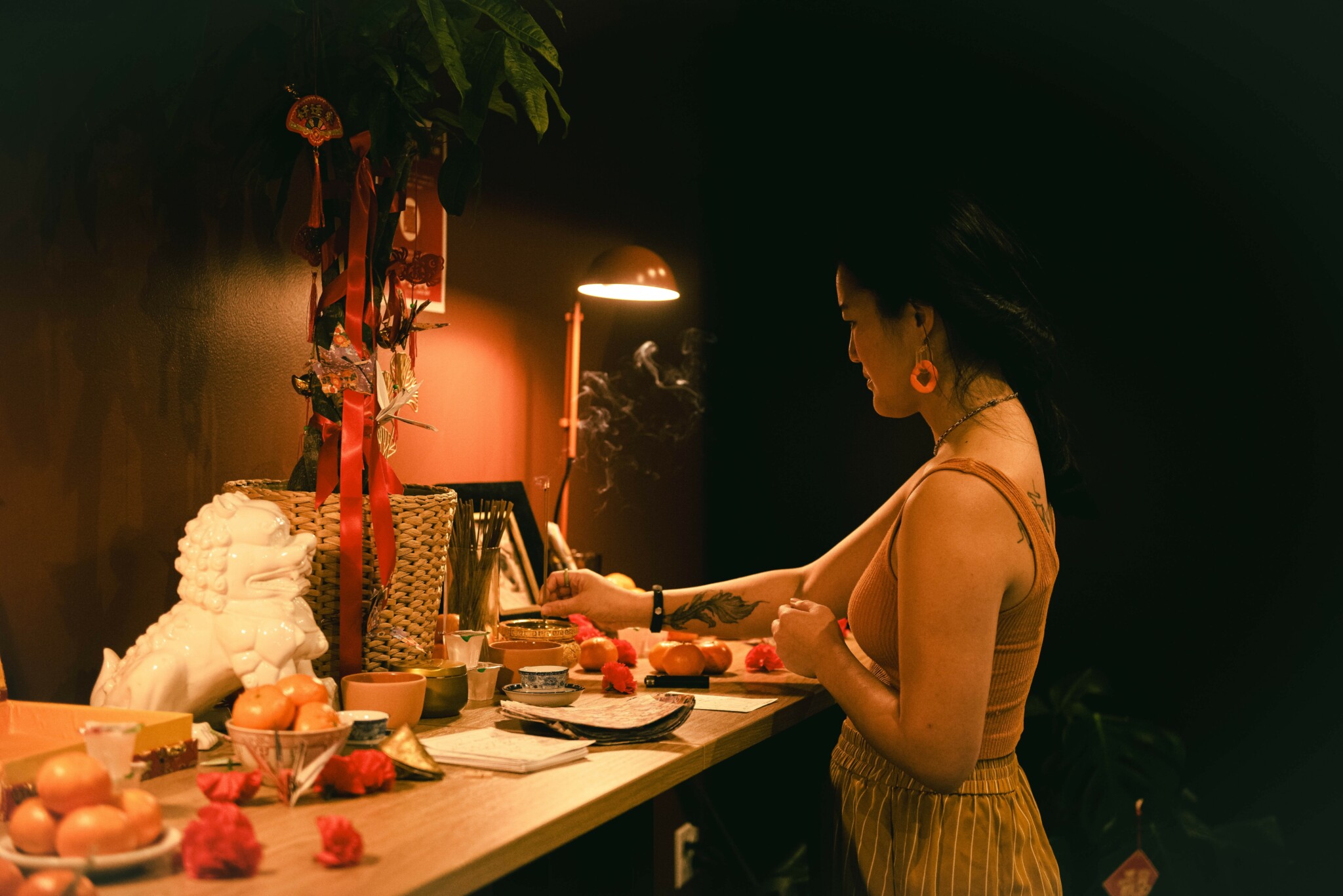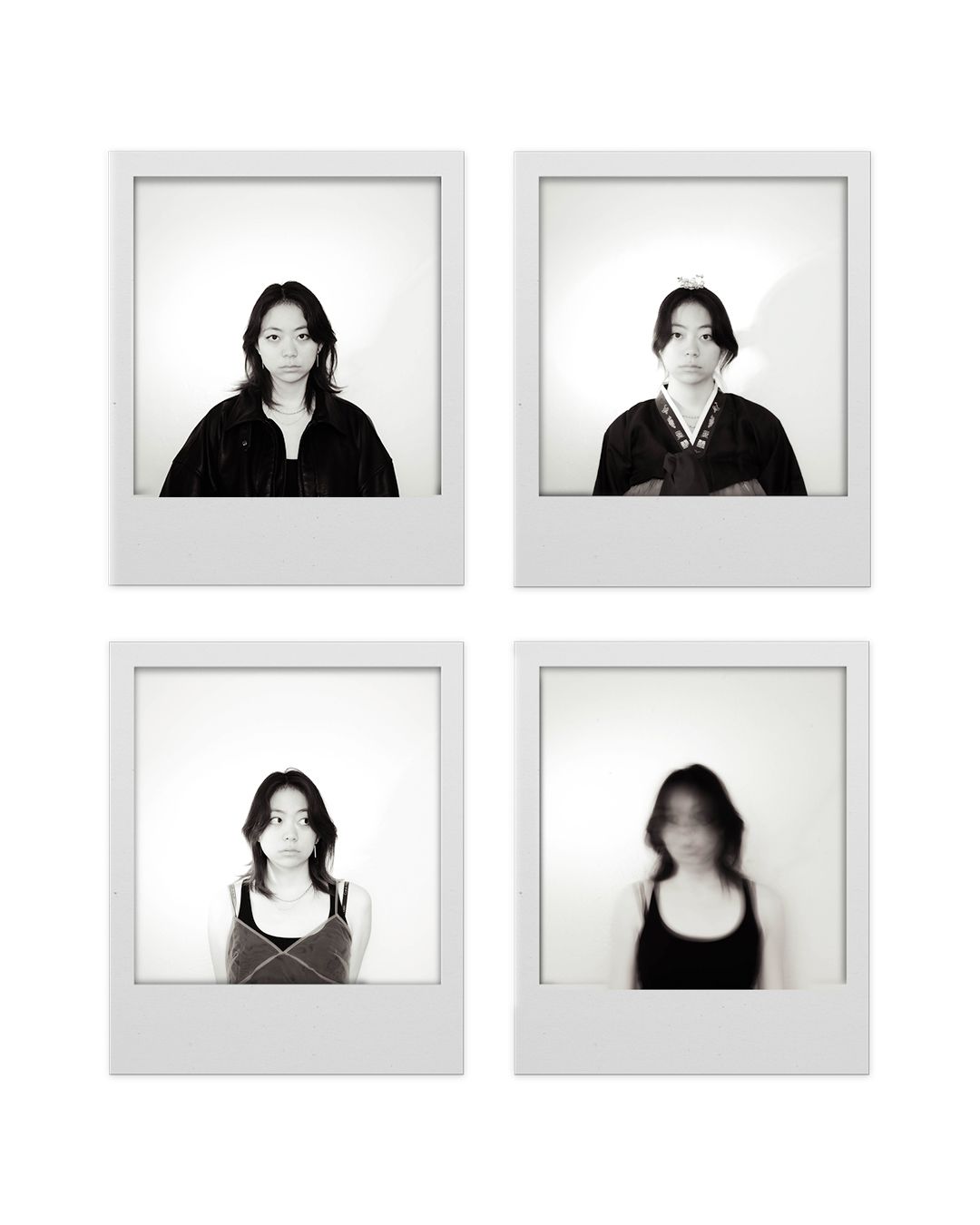Alright – so today we’ve got the honor of introducing you to Julianne Han. We think you’ll enjoy our conversation, we’ve shared it below.
Julianne, thanks for taking the time to share your stories with us today What’s been the most meaningful project you’ve worked on?
The most meaningful project I had the pleasure of working on was a documentary shot in South Korea. “Namhan, Bukhan, Hanshik: Han” was a project shot, produced, and edited in one month with a team of seven people. Together, we interviewed restaurant owners in South Korea who specialized in making North Korean “Pyongyang naengmyeon” a type of cold noodle dish. Naengmyeon has long been a symbol of the hope to reunify Korea: it was eaten at the 2018 inter-Korean summit and many of the restaurant owners we spoke to expressed serving the dish as a way of preserving that hope and desire to see their families reunited.
At the time that I was helping produce the documentary, it happened to be my first time back in my father’s homeland of South Korea in thirteen years. To speak with our interviewees about cultural preservation and reunification was an unforgettable experience, and one that continues to push me to unearth the stories of my community. At the same time, working with such a small and intimate team made this documentary a work born out of immense perseverance, character, and so much love. As I am sure many other filmmakers can relate to, sleepless nights and unseen hurdles harden teams into a family. We spent our last days in Korea drinking coffee out of paper cups, rubbing sleep from our eyes, and watching the sun rise as the sound of birds chirping broke through that of our rough cut flowing from our laptop speakers. It was the project I learned the most from, and one I will never forget.
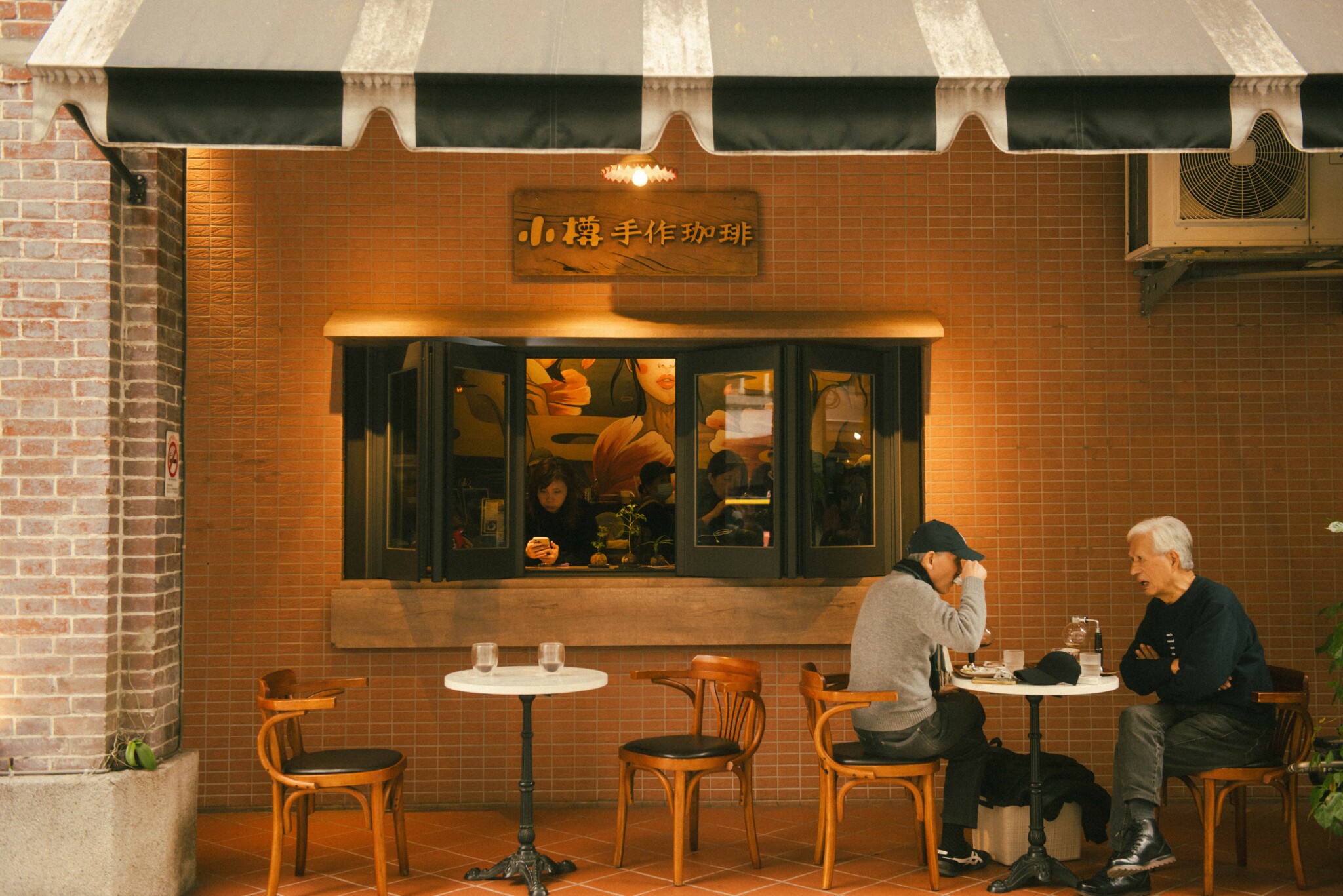
As always, we appreciate you sharing your insights and we’ve got a few more questions for you, but before we get to all of that can you take a minute to introduce yourself and give our readers some of your back background and context?
My journey went from creative writing and photography into filmmaking. It seemed intuitive to put the two and two together, but filmmaking only struck me after I attended California State Summer School for the Arts
(CSSSA) at CalArts, and did a focus in Screenwriting. Those days, huddled in a room pitching ideas, doing table reads, and writing both the most atrocious and beautiful lines of dialogue with my friends taught me what it was like to bring art to life together.
After that, I was just hungry to get my hands on anything and everything: more people, more art, more human connection. I worked on a documentary in Korea, produced editorial photoshoots, shot New York Fashion Week, documented Bay Area events featured in KQED, joined short film productions, and wrote, and wrote, and wrote. Along the way what I have learned and continued to reinforce is this.
#Storytelling is a game of empathy”
This is my favorite quote from Hiro Murai, a director and DP that I love immensely. No piece of art I have created is a semblance of me, alone. It’s a laugh I shared with a friend at a coffee shop, a pattern I’ve noticed in the world, a conversation between me and what is around me. I love making art because I love people, and this is why writing, photography, and filmmaking will always boil down to one thing: storytelling.
As long as I continue to seek human connection, art will never be lost. I want to help tell people’s stories and introduce new experiences, thoughts, and feelings to the world. And so I will always be hungry and excited to work with others, and to do more.
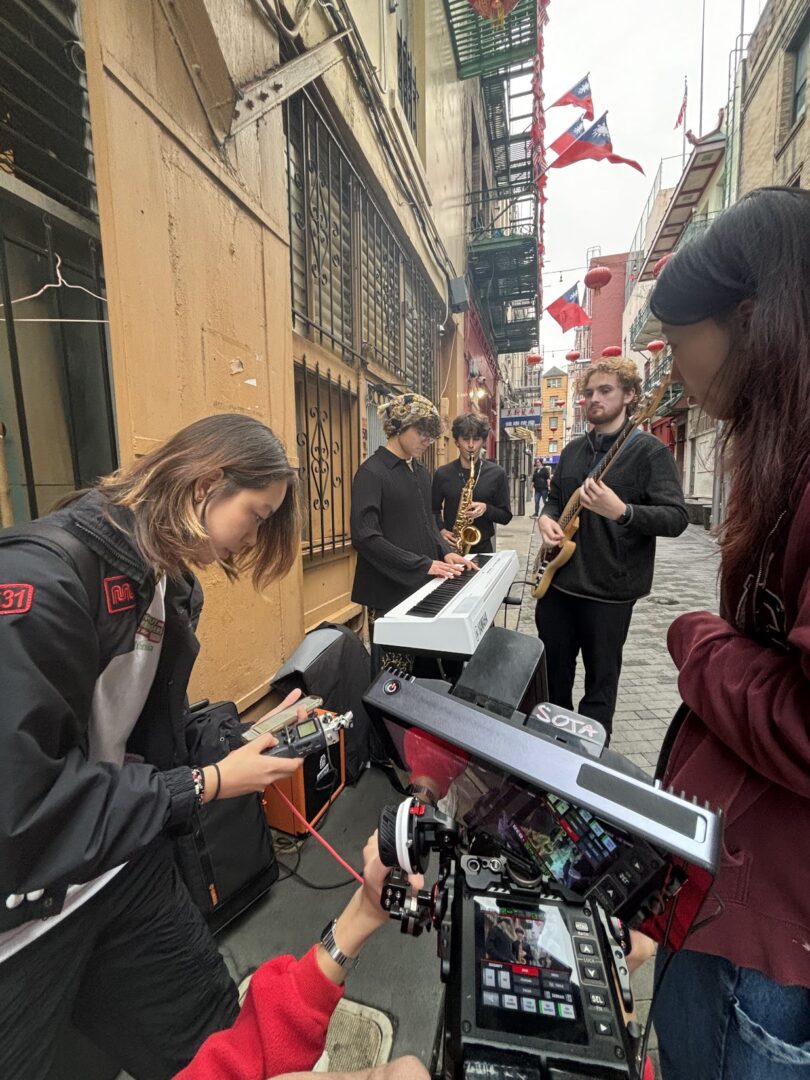
Learning and unlearning are both critical parts of growth – can you share a story of a time when you had to unlearn a lesson?
I’ve done a lot of unlearning in the department of asking for help. There is a lot of good in being independent and knowing how to take initiative to figure things out yourself, but in a fast-paced environment and a team, that same superpower can become a downfall. Essentially, nothing good comes out of operating off of fear.
Speaking up for yourself and asking someone to teach you something often speeds up the process and helps you create something better, and more efficiently. I have spent so much of my life fearful of admitting I do not know something, and consequently biting off more than I can chew. When asked about the Atlanta writer’s room, Donald Glover said this: “The one thing I didn’t want to run on[…] was fear”. He’s right! The best sets I have been on are built on trust, and the best writing I have done is in a room with friends, bouncing around the most insane ideas we can think off. Learning from one another is not weakness, and neither is not holding yourself back. Relinquishing fear fills in the gaps, strengthens your team, and creates an environment where ideas and advice are free-flowing.
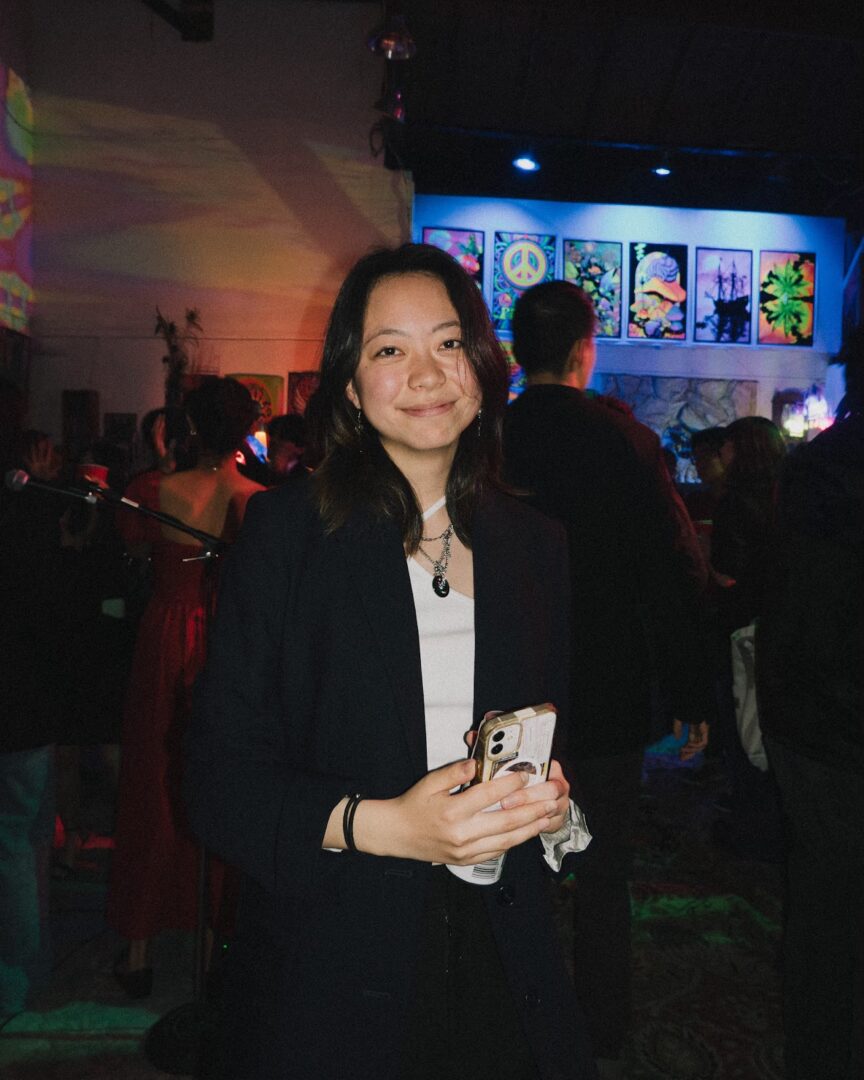
How can we best help foster a strong, supportive environment for artists and creatives?
I think society needs to respect the creation of art. Art has existed for forever, and it will continue to exist as long as people live and feel. To me, art has never been about creating something beautiful and perfect. Art is about feeling lost and working through it: sometimes you reach an answer and sometimes you have to find solace in knowing others have felt the same and still have not found an answer. Art is about being human, and the connection that comes with it, not creating a product to be praised and consumed with only love. It’s because I respect life that I feel art should not be treated as extraneous or as a commodity. It’s for these reasons (and many more) that I also feel a great amount of distaste toward AI.
Contact Info:
- Website: https://juliannehan.cargo.site/
- Instagram: jujujujuhan, jhanzhiji
